Search
Terms pre 2017-11-07
pageeffective as of 2014-12-22 (December 22nd 2014); minor updates on 2017-02-07 1. General Information Regarding These Terms of Use Master terms: Unless otherwise noted on a particular site or service, these master terms of use (“Master Terms”) apply to your use of all of the websites that Creative Commons Corporation operates, including https://creativecommons.org, http://wiki.creativecommons.org, http://openpolicynetwork.org,…
Digital Rights Organisations Tell NAFTA Negotiators: Move Talks Out of the Shadows
by Timothy Vollmer Copyright post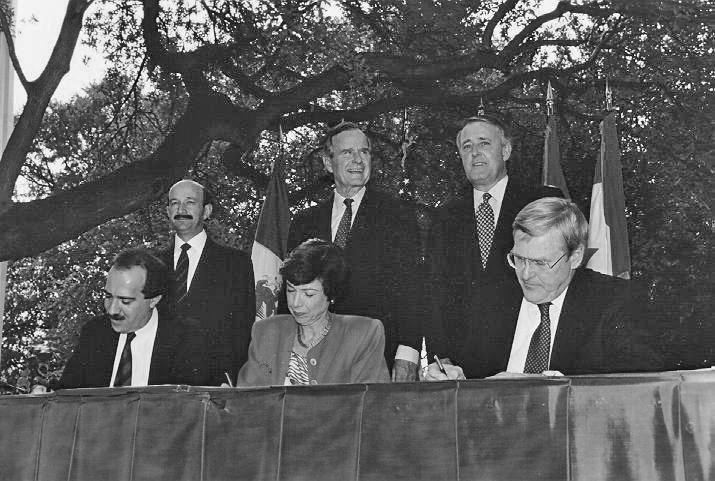
Today Creative Commons and over two dozen civil society and digital rights organisations released a letter raising concerns about the potential impact of the re-negotiation of the North American Free Trade Agreement (NAFTA) on access to information, digital rights, and the open internet. The letter was released this week because trade negotiators from Canada, Mexico,…
The staff of music is long, but it bends towards harmony: An interview with the authors of Theft! A History of Music
by Jennie Rose Halperin Open Culture post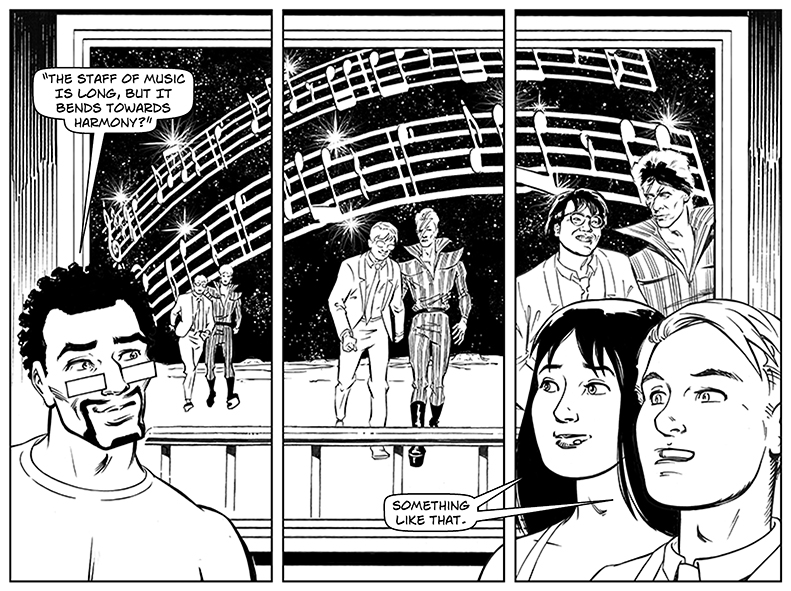
Meticulously researched and incredibly entertaining, Theft explores 2,000 years of musical history, from Plato’s admonition that “musical innovation is full of danger to the whole state” to the recent “Blurred Lines” case – and everything in between.
Honoring Our Friend Bassel: Announcing the Bassel Khartabil Free Culture Fellowship
by Katherine Maher, Mark Surman, Ryan Merkley About CC post Photo by Joi Ito, CC BY 2.0
Photo by Joi Ito, CC BY 2.0
Today we’re announcing the Bassel Khartabil Free Culture Fellowship to honor his legacy and lasting impact on the open web.
Terrible, Horrible, No Good, Very Bad DRM
by Timothy Vollmer Copyright post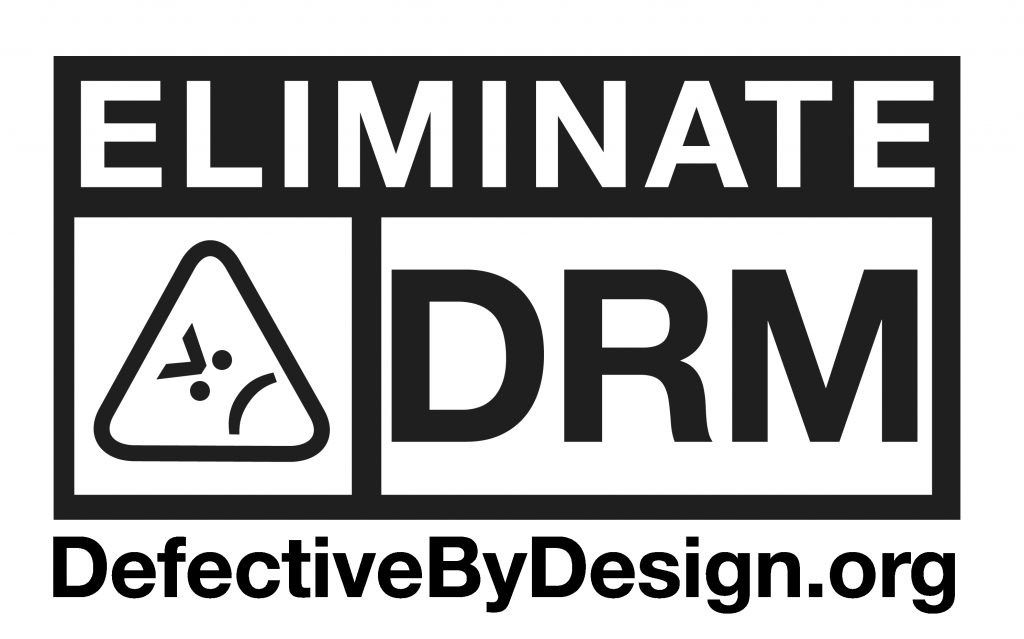
Today is the annual #DayAgainstDRM, a global campaign to raise awareness about the harms of digital rights management (DRM). DRM consists of access control technologies or restrictive licensing agreements that attempt to restrict the use, modification, and distribution of legally-acquired works. There are serious problems with attaching DRM to creative works: not only does it…
Toward a Better Internet: Building Prosocial Behavior into the Commons
by Jane Park, Sarah Hinchliff Pearson About CC post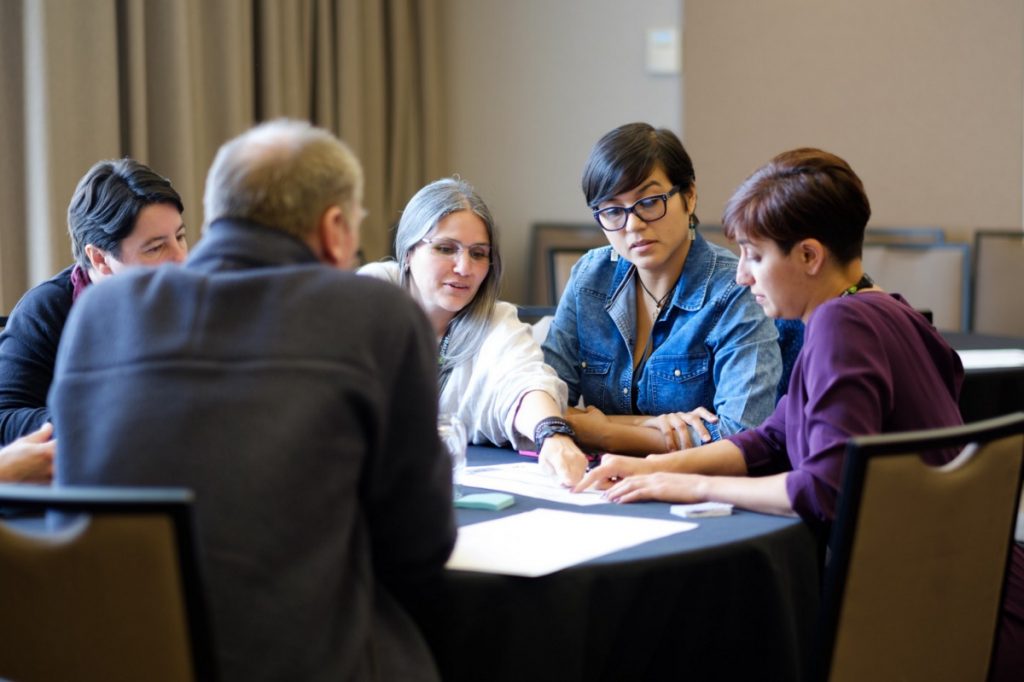 Creative Commons Global Summit 2017 in Toronto by Sebastiaan ter Burg / CC BY
Creative Commons Global Summit 2017 in Toronto by Sebastiaan ter Burg / CC BY
What does it mean to exhibit prosocial behavior? For our purposes, we mean behavior that leads to healthy collaboration and meaningful interactions online.
Is Re-negotiating NAFTA Opening Pandora’s Box?
by Timothy Vollmer Copyright post
Without a refocus on user rights, transparency, and meaningful public input, the agreement will become a bonanza for copyright maximalists This week Creative Commons submitted comments to the Office of the United States Trade Representative (USTR) regarding negotiating objectives for the modernization of the North American Free Trade Agreement (NAFTA). NAFTA is the controversial trade…
CC is more Awesome than ever
by Gwen Franck About CC post CC Tanzania Training
CC Tanzania Training
When we set up the Awesome Fund last year, we wanted to provide microfunding for this wide variety of activities.
An interview with Michael Geist: copyright reform in Canada and beyond
by Timothy Vollmer Copyright post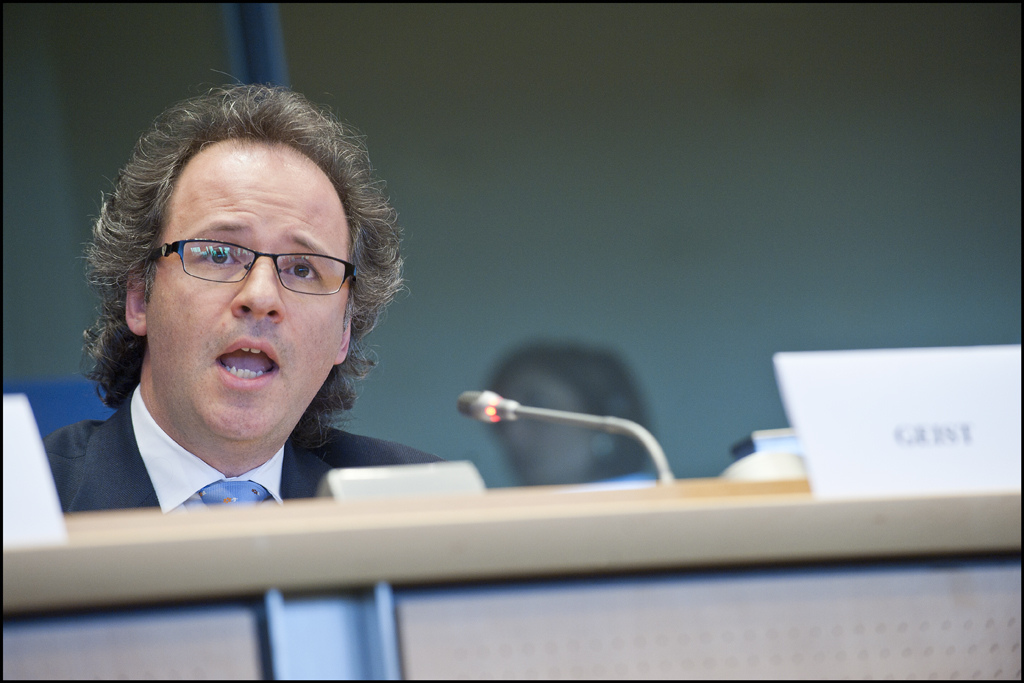
Dr. Michael Geist is a law professor at the University of Ottawa where he holds the Canada Research Chair in Internet and E-commerce Law.
Copyright and Creative Commons are friends
pageUnderstand the connection between CC and copyright law. Overview Copyright law gives creators certain kinds of control over their creative work. If people want to use copyrighted work, they often have to ask for permission from the creator. Creative Commons works within copyright law. It allows creators to grant permission to everyone in the world…